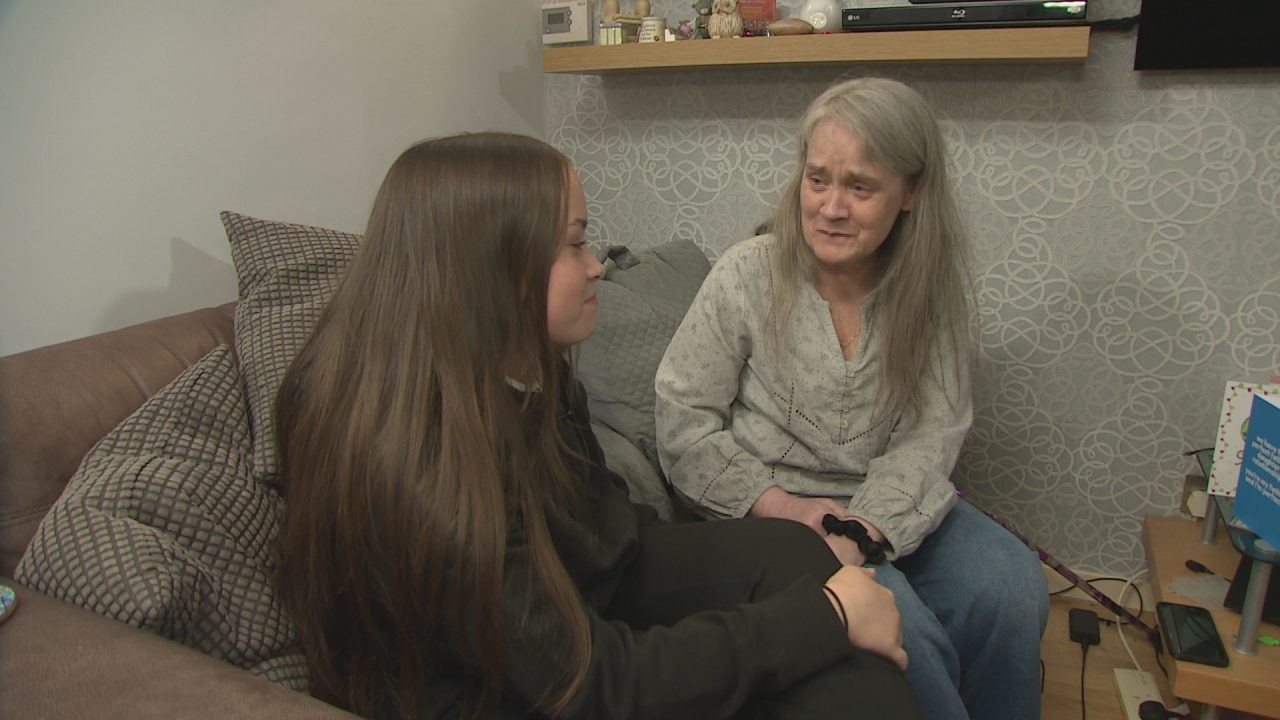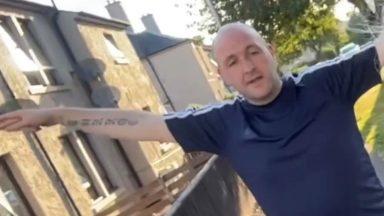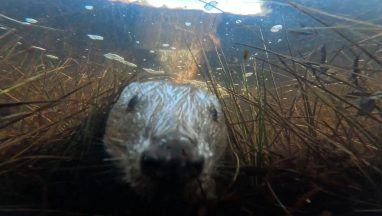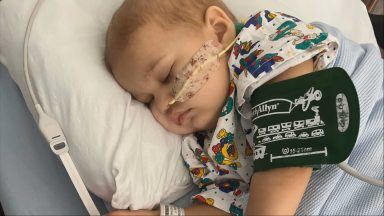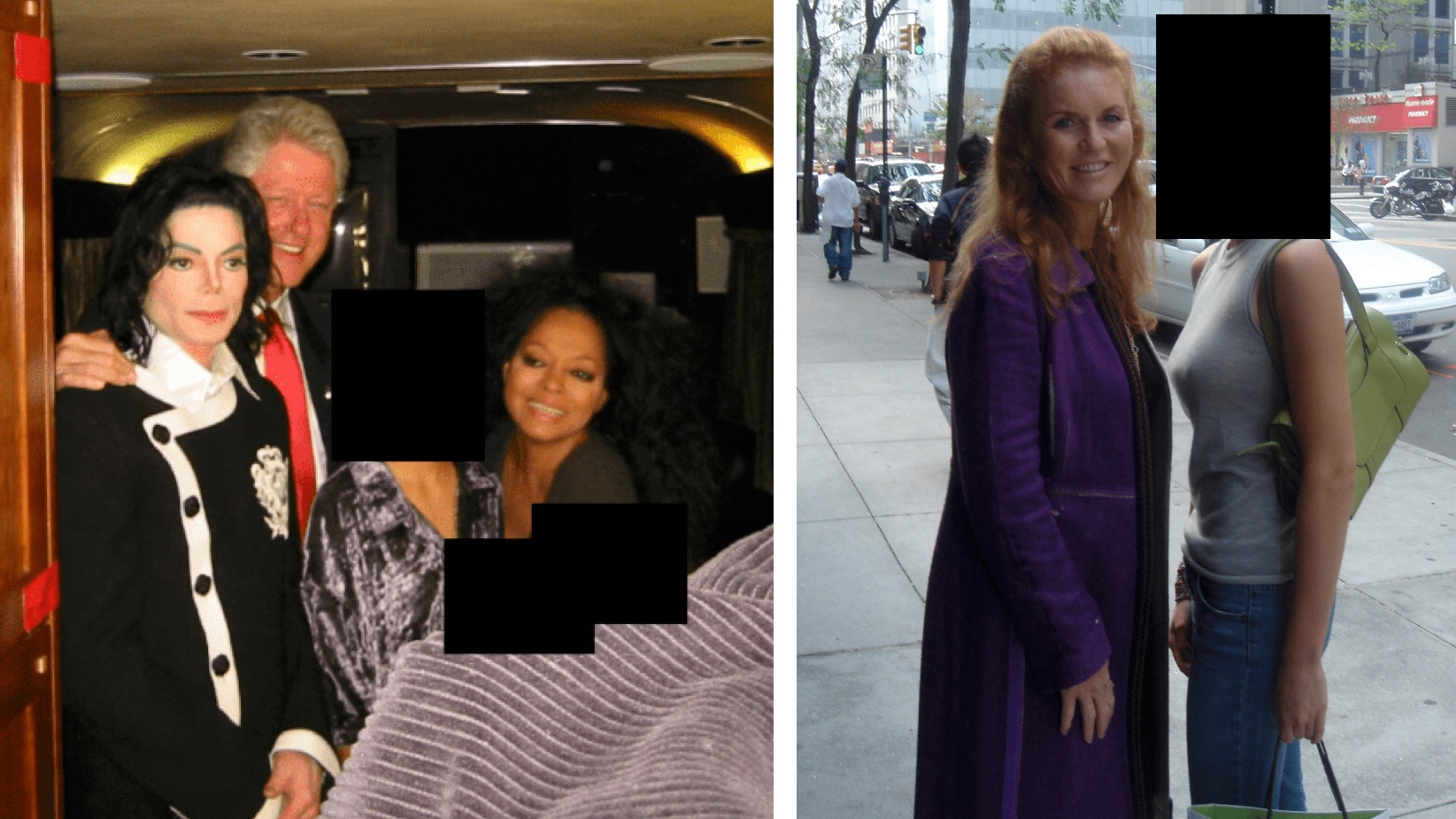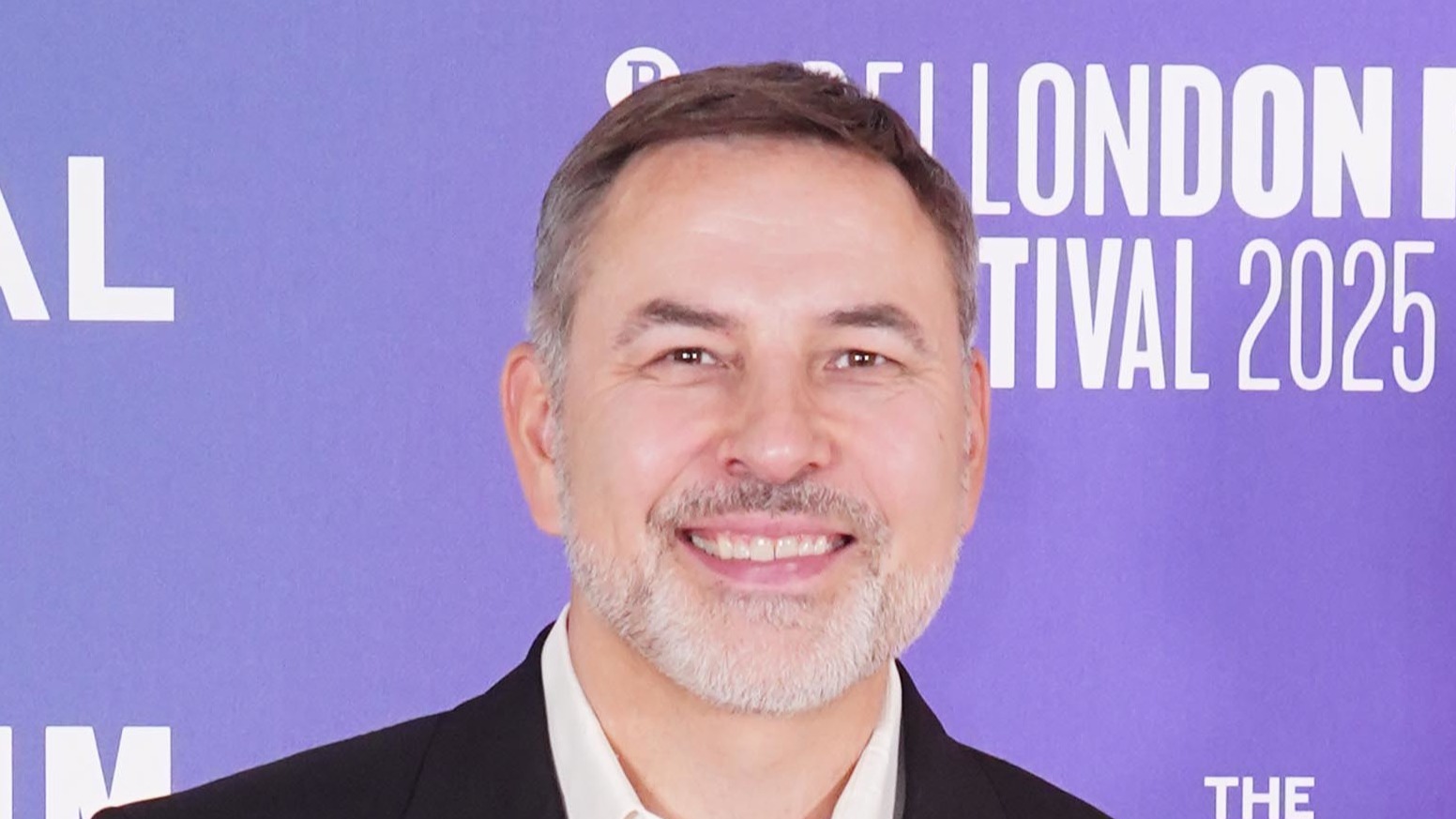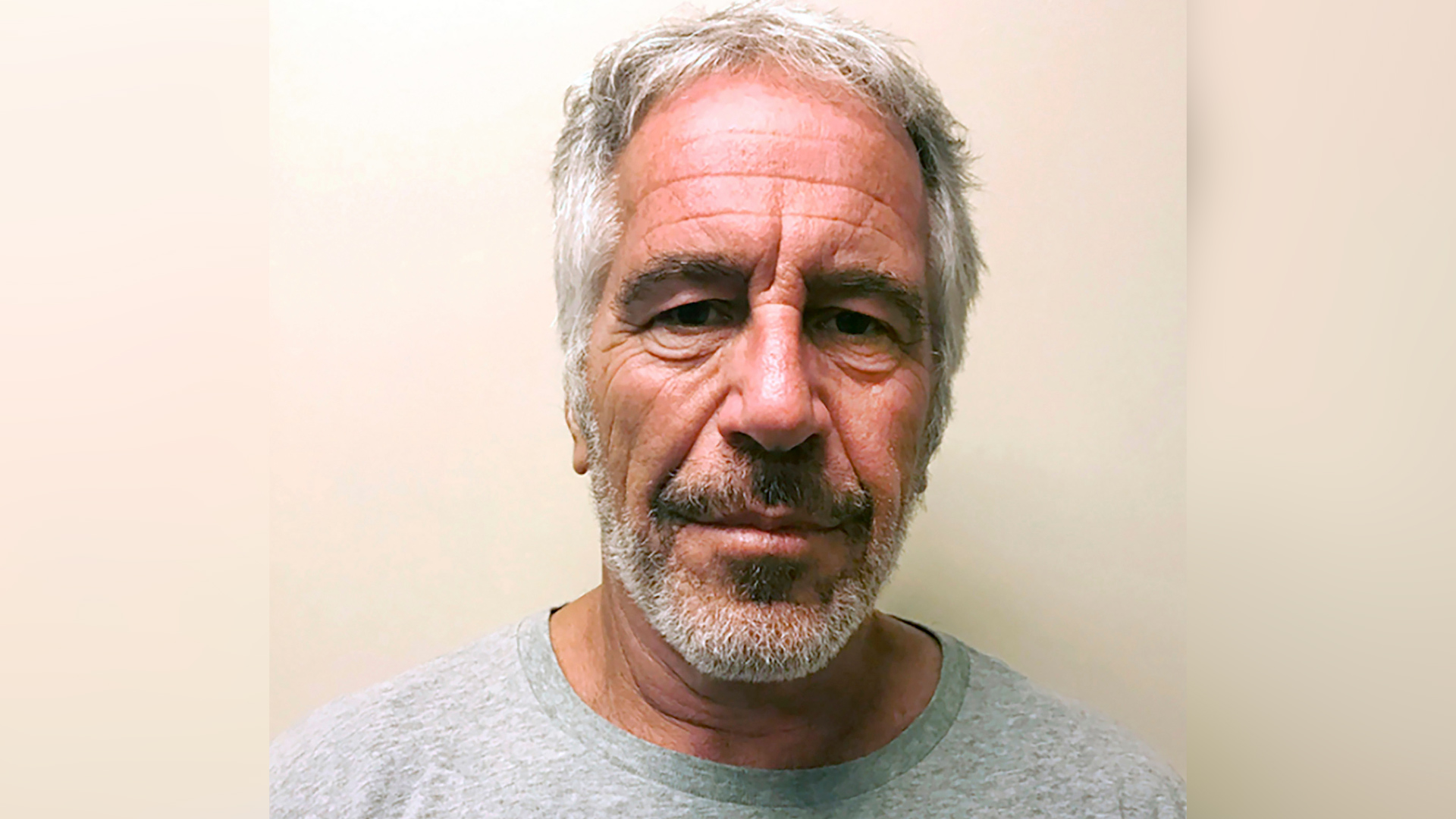Erin Kirkland has helped to care for her mum for more than half of her life.
The 17-year-old was in Primary 4 when Sinead was diagnosed with multiple sclerosis in 2015.
Speaking to Scotland Tonight, she said she feels like the traditional roles of a parent-child relationship have been reversed.
“Ever since the diagnosis, I’ve continued to be a carer for mum,” said Erin. “And I think as I’ve gotten older, that role kind of has grown a little bit, and as everyone gets older they have to do more stuff.
“But obviously for me, I had to do it since I was younger, so things like doing the dishes, my mum’s tablets when she’s going to bed, I’ll cook dinner…doing the washing and stuff like that.”
Erin is among the 800,000 people who are thought to be providing unpaid care for a relative, neighbour or friend in Scotland.
Their contributions are valued at £15.9bn per year – the amount of money spent on the NHS.
With an ageing population, and a health and social care system under strain, the number of unpaid carers is set to continue growing, prompting calls for more action to support them.
‘I thought I was pretty infallible in terms of health’
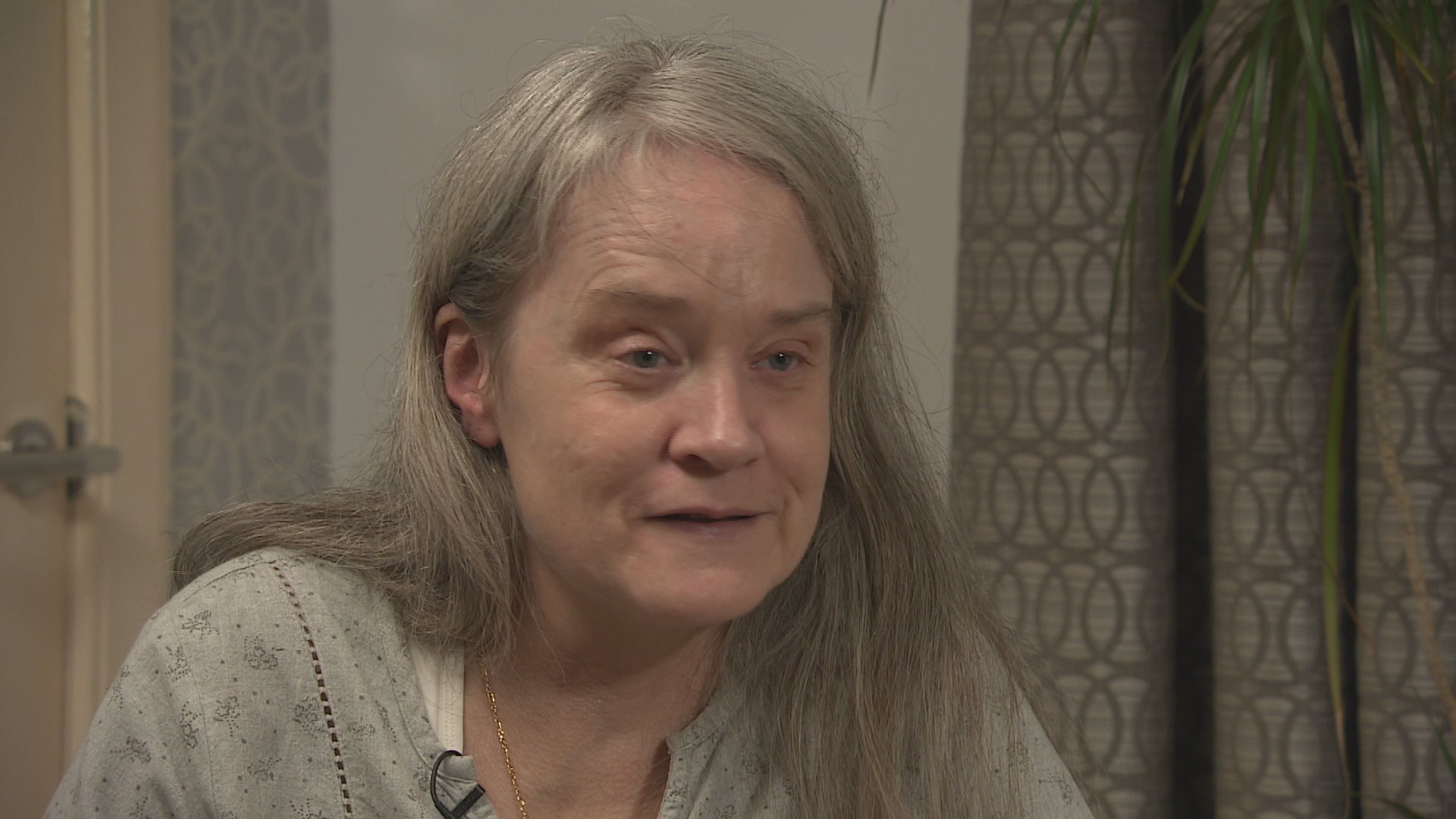 STV News
STV NewsSinead, who works remotely as a business analyst, has since lost the use of one hand, and relies on a stick to walk short distances.
She said: “I thought I was pretty infallible in terms of health and I’d never had to consider what it might be like to live with something for the rest of your life, something that couldn’t be cured.
“There’s the things that I feel as a mum that I should do… the stuff like the washing. She’s responsible for it all.”
But Erin says many people don’t understand that being a carer isn’t just about taking on more physical chores.
She explains that it’s taken time to find ways to cope with the mental challenges.
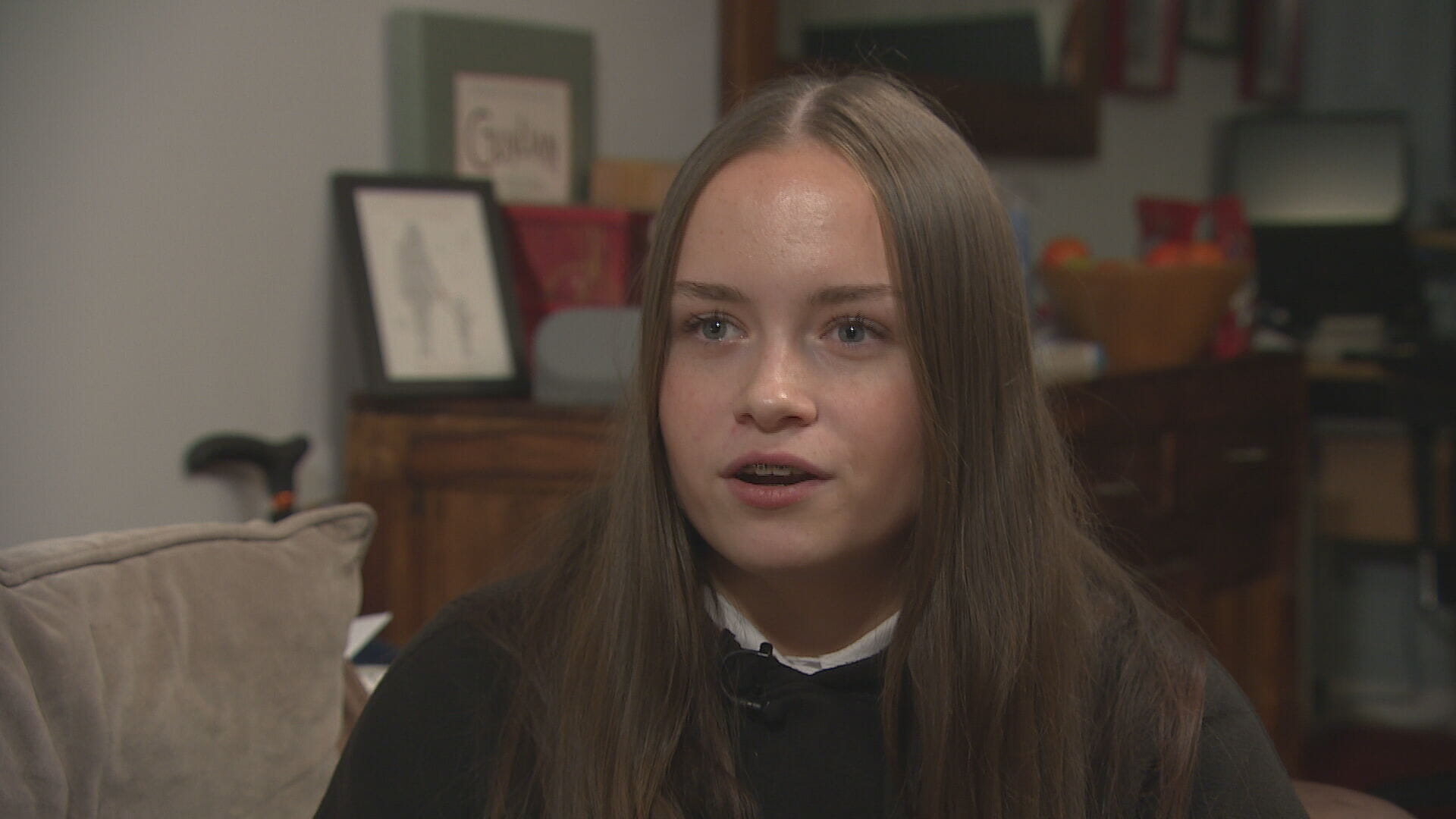 STV News
STV News“Teachers don’t get told enough about the actual struggles with it,” said Erin. It’s like ‘oh, well, you go home and you do the dishes’. And I’m like, ‘yeah, but when I’m sitting in your class, I might be worried about my mum’. There’s so many other things behind it that they don’t understand.
“Only recently I’ve started to realise the effects and that thought process, that other people don’t have to think about when they’ve left the house.”
Erin is supported by the Carers Trust, which runs weekly peer sessions for other young carers.
Describing the relief she felt the first time she went along, she said: “It meant that I knew there were other people that had the same thoughts as me when they left the house and had those kinds of anxieties.”
The charity says it is vital that services like that are protected.
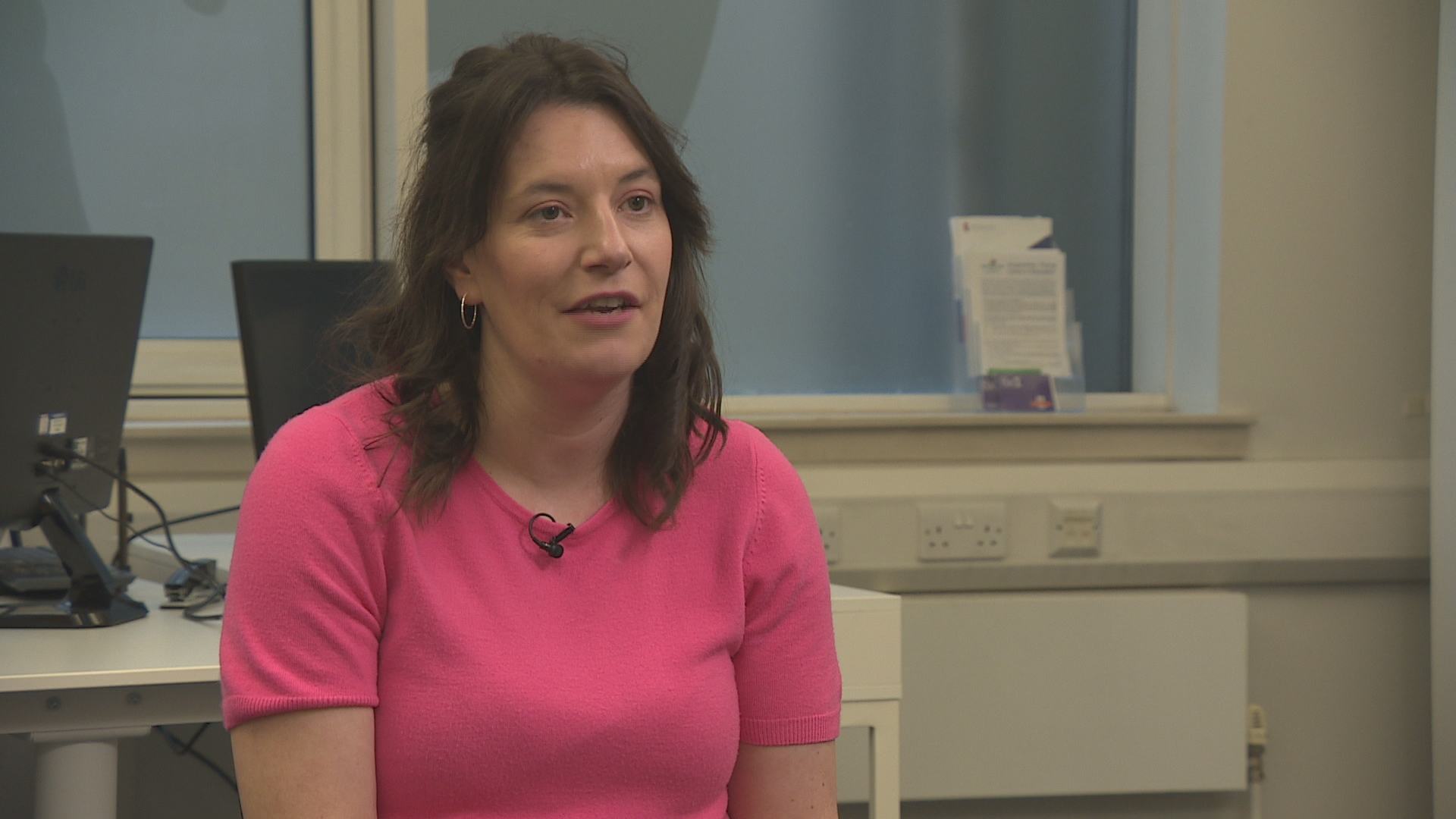 STV News
STV NewsBecky Duff, director for Scotland at the Carers Trust, said: “At the moment, Carers Act money is not ringfenced, so it can be challenging to see where that money is being spent. We need to make sure that services supporting unpaid carers are there.
“[In the future], there will be ‘rights to break from caring’ legislation coming in, and actually it’s really important that adult carers and young carers are able to access a break from their caring role.”
You can watch the full programme, Scotland Tonight: Supporting Young Carers, on STV at 8.30pm on Thursday and the STV Player.
Follow STV News on WhatsApp
Scan the QR code on your mobile device for all the latest news from around the country


